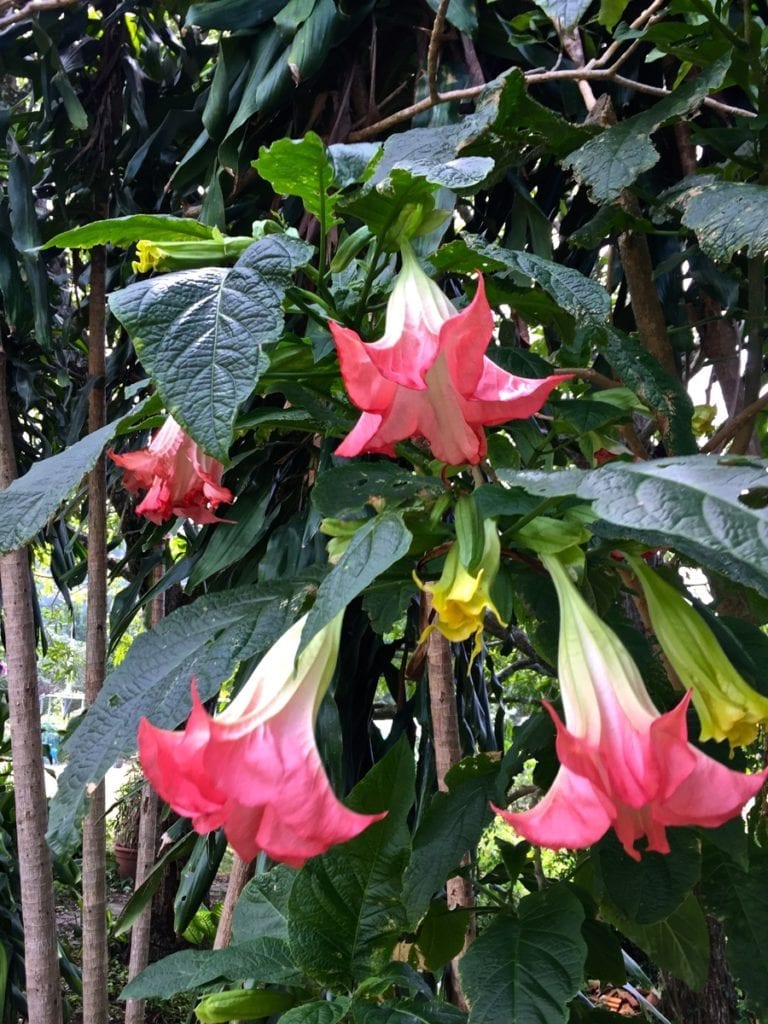822nd Week: Honoring Our Earth-Kin
As I begin to put together the year-long offerings of audio meditations on my website, I’ve been thinking about the focus for the coming year. Lately, I’ve had a deepening awareness of the importance of experiencing all the other life on this beautiful planet as “earth-kin”. We are all related, all children of the same mother planet, and many of us humans have been taught that we are somehow superior or “more evolved” than our other earth-kin.
I recently read a book, “Are We Smart Enough to Know How Smart Animals Are?”, by Frans de Waal, that addresses this humancentric bias. De Waal offers many examples of how our research on other earth-kin has tended to orient to human assumptions and human ways of doing things. One of my favorite examples had to do with making a mark on an elephant’s face or head and then having this earth-kin look in a mirror to see if he or she recognized themselves. They didn’t and someone realized that the problem wasn’t that elephants can’t recognize themselves but rather that the mirrors weren’t elephant sized. Once large enough mirrors were provided, the elephants immediately recognized that something was on their face and responded appropriately.
Another example had to do with research on gibbons, where researchers decided that they weren’t as intelligent as other primates because they couldn’t do a particular task that required them to use their hands in a certain way. A young researcher noticed that the task was oriented to human hands and not to the way that gibbons use theirs. When the experiment was retooled to reflect gibbon digits and manipulation, not surprisingly they performed as well as any other primate.
It can be both surprising and startling to know that slime mold does very well solving the challenge of a maze, better and faster than some other kinds of earth-kin. It can also be surprising to know that some species chose to evolve toward more complexity while others chose to evolve into less complexity, each and all having their own style of measurable intelligence. Here’s a link to a quick video about slime mold moving through a maze and also creating a complex network of connections that match the design of the Tokyo rail system. https://www.youtube.com/watch?v=HyzT5b0tNtk
These are just a few examples of how we have been taught to look at the world and our vast array of earth-kin through a lens that hasn’t allowed us to see or understand the intelligence that is all around us, that lives with us as part of our earth family. For this week’s practice, I invite you to seek out examples of earth-kin intelligence—whatever species may appeal to you—and, especially, to notice your responses when you can access information that reveals that we humans are actually not at the top of a pyramid of evolution. We are part of a circle of life that is co-evolving in what is definitely not a pyramid of increasing superiority.
As part of this practice, also take some time to notice the intelligence in any earth-kin who may live with you or be in your immediate environment. Whatever species of earth-kin you choose, notice especially your assumptions about the intelligence of this member of our earth family. What I learned from the de Waal book is that most of us have been raised to measure intelligence only in human terms and it can be a creative challenge to invite ourselves to hold the awareness that intelligence comes in many styles and forms, some of which are quite foreign to our human sensibilities.
As with all these practices, please bring along curiosity as your constant companion, as its presence can support being open to new and surprising realizations. Also, please remember to pat gently on the head any judgments that may arise, allowing them to move on through without your having to do anything about or with them. And, please also remember that we’re all in this together, we have only one home, and we have a vast and diverse earth family living the journey with us.



